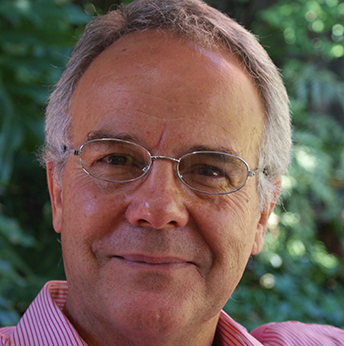The British classics scholar, A.W. Verral is reputed to have said that the chief disease from which civilizations died was their low view of women.[1]
Other scholars, such as the British historian, Arnold Toynbee, tell us that civilisations don’t die from being attacked from the outside; rather, they commit suicide when they rot from the inside through losing faith in the hope and moral certainties they once held.
If you put these two assertions together: it is not difficult to conclude that Western civilisation is in the rotting phase… and one of the chief casualties of this is women, as the dreadful statistics on domestic violence and abuse of women in the workplace attest.
And I don’t like it.
I am old enough to make a claim that may seem outrageous to the protesting libertarians of today, and it is this: Fifty years ago, there was more respect and honour accorded to women. True, a lot less women were in leadership positions then… and I totally applaud the fact that this is being rectified. But I grieve at the ‘brave new world’ our daughters now have to navigate.
If social researchers are correct, a woman has a fifty-fifty chance of having sex after a first date with a man who has taken her to dinner. So what sort of mental pressure is now being loaded onto a woman before she goes out to socialise?
Immodesty has been touted as sexual freedom, but it has actually encouraged sexual objectification – as our execrable TV reality shows demonstrate.
There’s now an expectation that women should work to help pay off the mortgage… but this has backfired for many who secretly wish they were less busy and had more time for their children. They don’t want to feel guilty at delegating the upbringing of their children to strangers.
Political correctness now requires us to have unisex toilets. Women now have to cope with men peeing on the seat and writing obscenities on the wall. And then there’s the issue of changing rooms…
Men are now competing in women’s sports at Olympic level. There’s a ‘trans’ New Zealand weight lifter, Laurel Hubbard, who is able to compete as a woman because she’s managed to get her testosterone level down so that it is only four times that of a normal biological woman. But you daren’t complain at its injustice because it will be seen as hate speech. I wonder what you feel like when you reflect on these things in quiet times… when you allow yourself to converse with your soul. Has it worked out well?
Although it hasn’t always played out fantastically in history, I submit that the best friend ofwomen is the Judeo-Christian ethic… for if that is trashed, so is a person’s sacredness. (Rape was part of the culture of the Greek pantheon of gods; and the Communist leader, Pol Pot, sanctioned the rape and torture of women during his reign of terror.) The institutional expression of Christianity has not always worked out well for women, but here’s the thing: Christianity has always managed to reform itself by returning to the foundational principles of Jesus Christ.
It’s worth remembering that Jesus involved women in the key moments of his life – notably at his death and resurrection. And women featured significantly in the early church during the time of the apostle Paul. He mentions several influential women in the Roman church including Phoebe (who is described as diakanos from which we get the word deacon, and Junias (usually a female name) who is described as being an apostle (Romans 16:7). Paul also mentions a bunch of other influential women including Priscilla, Mary, Tryphena, Tryphosa, Persis and Julia (Romans 16:3-16). Chloe seemingly led a Christian household in Corinth (1 Corinthians 1:11) and Lydia one in Philippi (Acts 16:14-15). Both Priscilla and Aquila taught Apollos in Ephesus (Acts 18:26), whilst the daughters of Philip were prophetesses (Acts 21:8-9). Paul made it quite clear that women and men are equal before God (Galatians 3:26-29). Where Paul advocated modest behaviour from women, it was always in relation to what defined social propriety at the time.
These facts didn’t stop Richard Dawkins (notorious for his abuse of truth) from making the outrageous claim that Christianity was “loathing of women”![2] Perhaps someone can whisper truth into his ear at some stage.
Christianity was seen as so emancipating for women in the third century that it caused Celsus to write scathingly about Christianity saying it was only suitable for women and slaves.[3] What a glorious recommendation! Perhaps Australia needs to look to Jesus if it wants to take the sacredness and honour of women seriously – because the law of the jungle is not working out well.
[1] It has not been possible to city the original source of this statement – although it has been widely quoted. You can find the quote cited in: R.L. Deffinbaugh, “The New Testament Church—The Role of Women”, Bible.org. (2004) – available at: https://bible.org/seriespage/6-new-testament-church-role-women (Accessed on 14 February 2018).
[2] Richard Dawkins, The God Delusion(New York: Bantam Books, 2006), p. 37.
[3] Origin, Contra Celsus, Book 3, Chapter 59.






